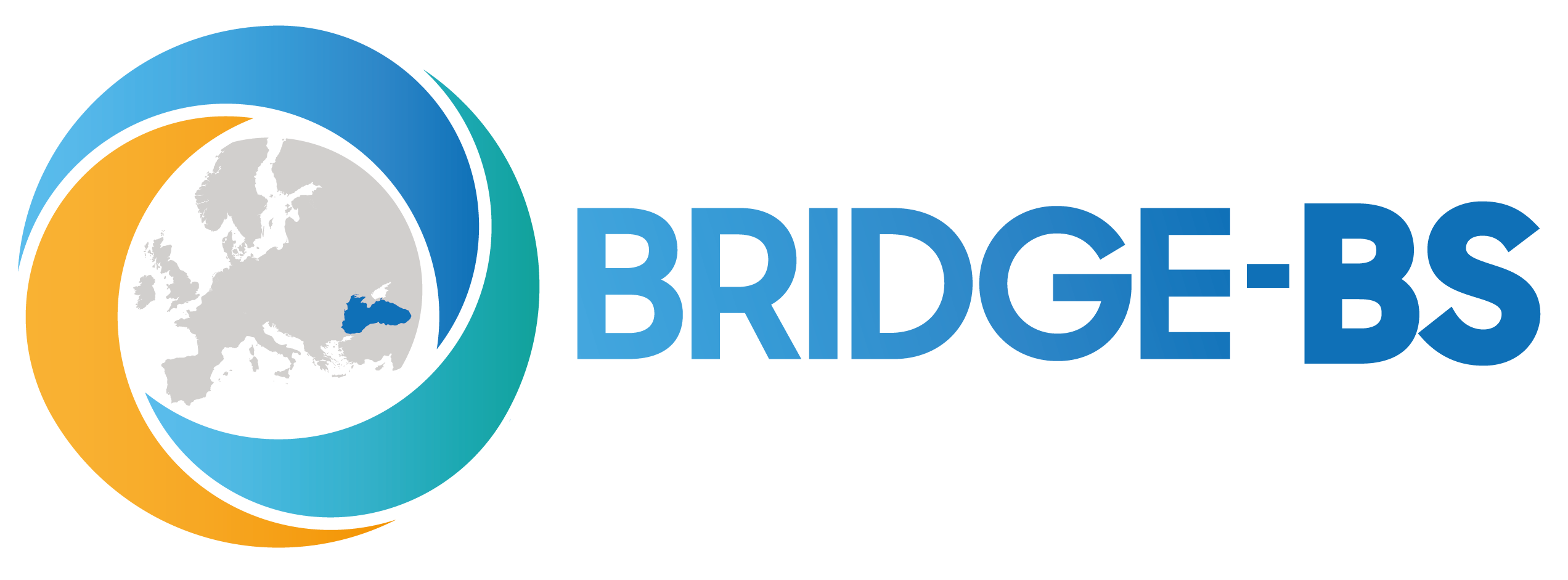
BRIDGE-BS Training Webinars on Sustainable Tourism Models successfully concluded!
From October 1 to 22, 2024, a series of three webinars titled “Sustainable Tourism Models: Understanding New Tourism Models in a Changing Era” were organized by BRIDGE-BS partners CPMR, in cooperation with the ICBSS and CETMAR.
The webinars under the title “Sustainable Tourism Models: Understanding New Tourism Models in a Changing Era” focused on the fact that tourism, being a Blue Economy sector of the Black Sea that is strongly connected to other sectors – such as living resources, transport, energy, aquaculture, and biotechnology – is at the same time a traditional sector on the verge of eroding its own business capital by damaging the environment in tourism hotspots, and a sector that can foster the culture of innovation at local, regional and Black Sea level. The overall purpose of the webinars was to contribute to a more effective management of the existing and emerging activities at local, regional, and international levels, by helping policy- and decision-makers to better understand and establish good governance and support tools that allow a better planning at the different levels of governance.
The webinars brought together 70 participants from Black Sea littoral countries and beyond, advancing BRIDGE-BS objectives by linking sustainable tourism models with its core themes: multi stressors, innovation, and capacity building.
WEBINAR 1: Navigating Multistressors: Key Concepts in Adaptive Management and Ecosystem Resilience for Sustainable Tourism: Featuring trainers from METU-IMS, Stockholm University, and ISMAR-CNR, the first webinar focused on the Black Sea’s challenges and adaptive management for sustainable Coastal and Maritime Tourism (C&MT). It explored system elements, interactions, and environmental pressures affecting C&MT.
Key highlights
• Explored the impact of multistressors on Black Sea ecosystems and their implications for sustainable tourism.
• Discussed the application of ecosystem resilience and ecosystem services concepts in the region.
• Addressed adaptive management strategies for coastal and marine areas under environmental pressures.
WEBINAR 2: Foresight approach for the Sustainable Blue Economy in the Black Sea by 2050: Exploring Governance and Innovation Pathways: Led by Stratégies Mer et Littoral, the second webinar highlighted foresight approaches for sustainable blue economy planning in the Black Sea. It introduced four 2050 sustainability scenarios for the region, focusing on tourism, innovation, and governance models, emphasizing how present choices shape future environmental outcomes.
Key highlights
• Introduced foresight methodologies to guide sustainable Blue Economy planning.
• Presented four 2050 sustainability scenarios: Technocracy, Great Decoupling, Unity in Adversity, and Ecotopia.
• Emphasized the role of tourism, innovation, and governance in shaping future environmental outcomes.
WEBINAR 3: Building Tomorrow’s Tourism: Business, Innovation, and Essential Skills for a Sustainable Future: Featuring trainers from the Black Sea Accelerator and INDIGO-MED, the third webinar emphasized boosting innovation uptake and capacity building in Black Sea tourism. It showcased emerging innovations, skills for lifelong learning, and a framework for sustainable coastal and maritime tourism. The webinar urged the sector to adopt innovative practices, address climate change impacts, and meet visitor demands, highlighting the need for workforce upskilling, reskilling, and tailored policy support.
Key highlights
• Highlighted emerging innovations and market trends in the tourism sector.
• Stressed the importance of workforce reskilling and capacity building for future demands.
• Advocated for climate-resilient practices and policies to foster sustainable coastal and maritime tourism.






